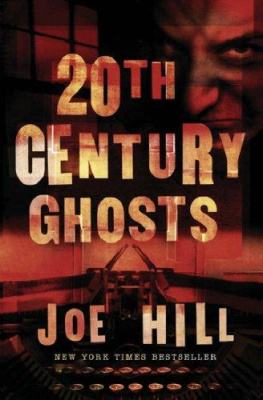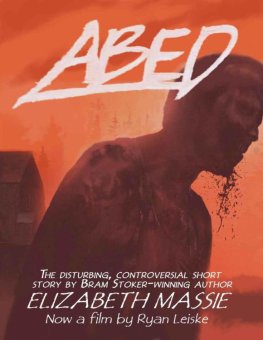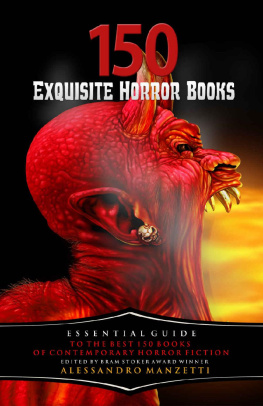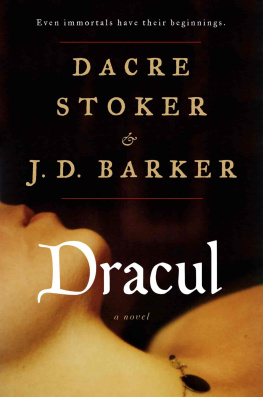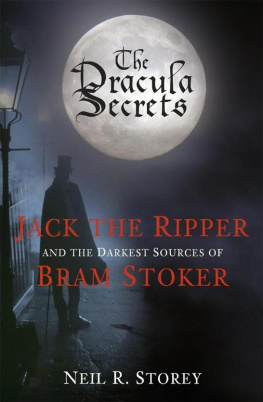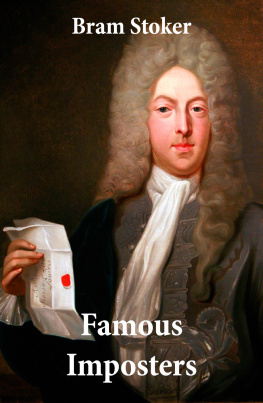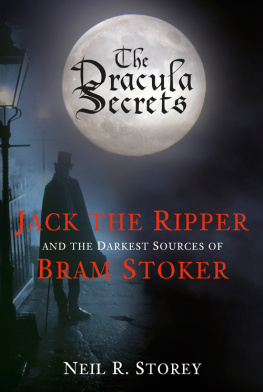A car turned into the parking lot, and Francis scuttled to the side of the building, then edged around the corner to stay out of sight. He heard a car door slam. He continued to crawl backwards, then happened to glance down and to the side, and saw the line of windows looking into the basement. The first one he pushed his head against swung in on its forty-year-old hinges, and in a moment he fell through it.
Francis waited in perfect stillness in one corner of the cellar, behind some pipes beaded with icy water, while sunshine rose against the row of windows high up in the wall. First the light was weak and gray, then a delicate shade of lemon, and it lit slowly the basement world around him, revealing a lawn mower, rows of folding metal chairs, stacked cans of paint. For a long time he rested without sleeping, thoughtless but alert, as he had the day before when he took refuge beneath the old trailer in the dump. The sun was shining silver against the eastern-facing windows when he heard the first lockers slamming above him, feet tramping across the floors overhead, loud, exuberant voices.
He crossed to the stairs, and clambered up them. As he moved towards the sounds, though, they paradoxically fell away from him, as if he was rising into an envelope of silence. He thought of The Bomb, the red sun boiling off the desert floor at two in the morning, the wind hammering the filling station; then from the smoke came locusts on the earth. As he climbed, he felt a building exuberance of his own, a sudden, intense, thrilling sense of purpose. The door at the top was shut and he didn't know how to open it. He banged one of his hooks against it. The door shook thunderously in its frame. He waited.
At last the door opened. On the other side stood Eric Hickman. Behind him, the hall was thronged with kids, putting things away in their lockers, holding shouted conversations with one another, but it was like watching a movie without sound. A few kids glanced his way, saw him, and went rigid, fixing themselves into frozen, unnatural poses next to their lockers. A sandy-haired girl opened her mouth to scream; she was holding an armful of books, and one by one they slid out of her grasp and crashed noiselessly to the floor.
Eric peered at him through the grease-spotted lenses of his ridiculously thick glasses. He twitched in shock, and lurched back a step, but then his mouth opened in a disbelieving grin.
"Awesome," Eric said. Francis heard him distinctly.
Francis lunged, and snapped through Eric's neck with his mandibles, using them like an oversized pair of hedge-clippers. He killed him firstbecause he loved him. Eric fell with his legs kicking in a brainless dying jig, and his blood sprayed across the sandy-haired girl, who did not move but only stood there screaming. And all the sounds rushed in at once, in a roar of banging lockers, running feet, and cries to God. Francis scrambled forward, propelling himself with the great springs of his back legs, effortlessly knocking people aside, or driving them face-first to the floor. He caught Huey Chester at the end of the hall, trying to run for an exit, and pounded one shovel-blade claw through the small of his back and out the other side, thrust him into the air. Huey slid down along Francis's green-armored arm, making choking sounds. His feet went on pedaling comically through the air, as if he were still trying to run.
Francis went back the way he had come, slashing and snapping, although he left the sandy-haired girl, who had dropped to her knees and was praying over her folded hands. He killed four in the hall before he went upstairs. He found six more huddled under the tables in one of the biology labs, and killed them too. Then he thought he would kill the sandy-haired girl after all, but when he went back downstairs she had left.
Francis was tearing pieces off of Huey Chester and eating them when he heard the distorted echo of a bullhorn outside. He leaped onto the wall, and climbed upside down across the ceiling, scrambling to a dusty window. There were army trucks parked on the far side of the street, and soldiers throwing down sandbags. He heard a loud, steely clanking, and the sputter-and-rumble of a massive engine, and glanced up Estrella Avenue. They had a tank too. Well, he thought. They were going to need it.
Francis drove one spear-tipped claw through the window before him, and blades of glass whirled through the air. In the bright, dust-blowing day outside, men began to shout. The tank ground to a stop, and the turret began to turn. Someone was yelling orders through a megaphone. Soldiers were hitting the deck. Francis pitched himself out and up into the sky, his wings whirring with the mechanical sound of wood being fed to a buzzsaw. As he rose above the school, he began to sing.
* * *
Abraham's Boys
Maximilian searched for them in the carriage house and the cattle shed, even had a look in the springhouse, although he knew almost at first glance he wouldn't find them there. Rudy wouldn't hide in a place like that, dank and chill, no windows and so no light, a place that smelled of bats. It was too much like a basement. Rudy never went in their basement back home if he could help it, was afraid the door would shut behind him, and he'd find himself trapped in the suffocating dark.
Max checked the barn last, but they weren't hiding there either, and when he came into the dooryard, he saw with a shock that dusk had come. He had never imagined it could be so late.
"No more this game," he shouted. "Rudolf! We have to go." Only when he said have it came out hoff, a noise like a horse sneezing. He hated the sound of his own voice, envied his younger brother's confident American pronunciations. Rudolf had been born here, had never seen Amsterdam. Max had lived the first five years of his life there, in a dimly lit apartment that smelled of mildewed velvet curtains and the latrine stink of the canal below.
Max hollered until his throat was raw, but in the end, all his shouting brought only Mrs. Kutchner, who shuffled slowly across the porch, hugging herself for warmth, although it was not cold. When she reached the railing she took it in both hands and sagged forward, using it to hold herself up.
This time last fall, Mrs. Kutchner had been agreeably plump, dimples in her fleshy cheeks, her face always flushed from the heat of the kitchen. Now her face was starved, the skin pulled tight across the skull beneath, her eyes feverish and bird-bright in their bony hollows. Her daughter, Arlenewho at this very moment was hiding with Rudy somewherehad whispered that her mother kept a tin bucket next to the bed, and when her father carried it to the outhouse in the morning to empty it, it sloshed with a quarter inch of bad-smelling blood.
"You'n go on if you want, dear," she said. "I'll tell your brother to run on home when he crawls out from whatever hole he's in."
"Did I wake you, Mrs. Kutchner?" he asked. She shook her head, but his guilt was not eased. "I'm sorry to get you out of bed. My loud mouth." Then, his tone uncertain: "Do you think you should be up?"
"Are you doctorin me, Max Van Helsing? You don't think I get enough of that from your daddy?" she asked, one corner of her mouth rising in a weak smile.
"No, ma'am. I mean, yes, ma'am."
Rudy would've said something clever to make her whoop with laughter and clap her hands. Rudy belonged on the radio, a child star on someone's variety program. Max never knew what to say, and anyway, wasn't suited to comedy. It wasn't just his accent, although that was a source of constant discomfort for him, one more reason to speak as little as possible. But it was also a matter of temperament; he often found himself unable to fight his way through his own smothering reserve.
"He's pretty strict about havin you two boys in before dark, isn't he?"
Next page
